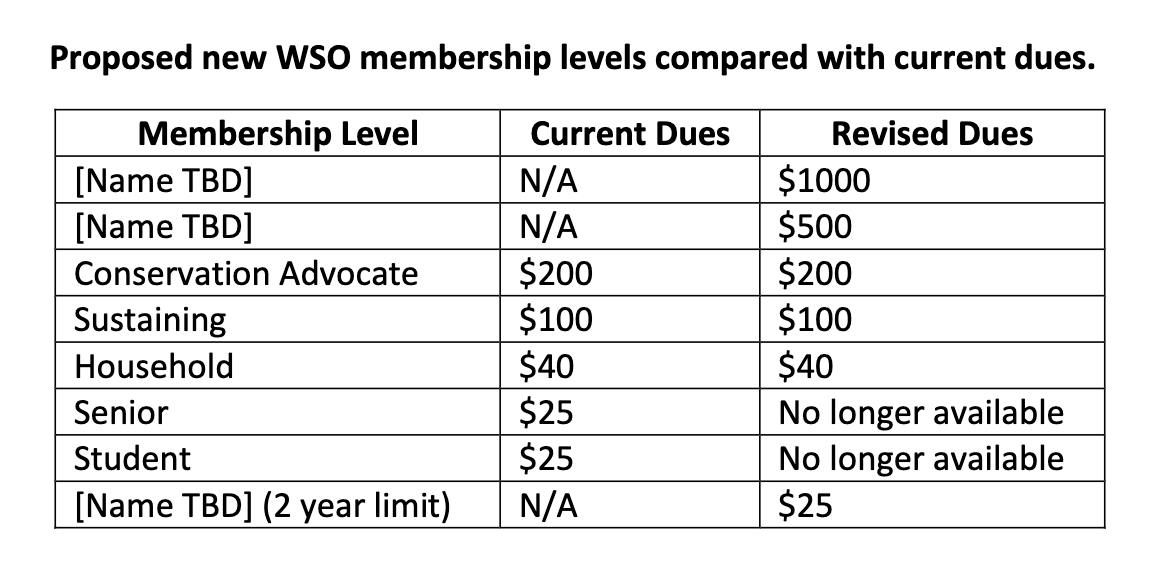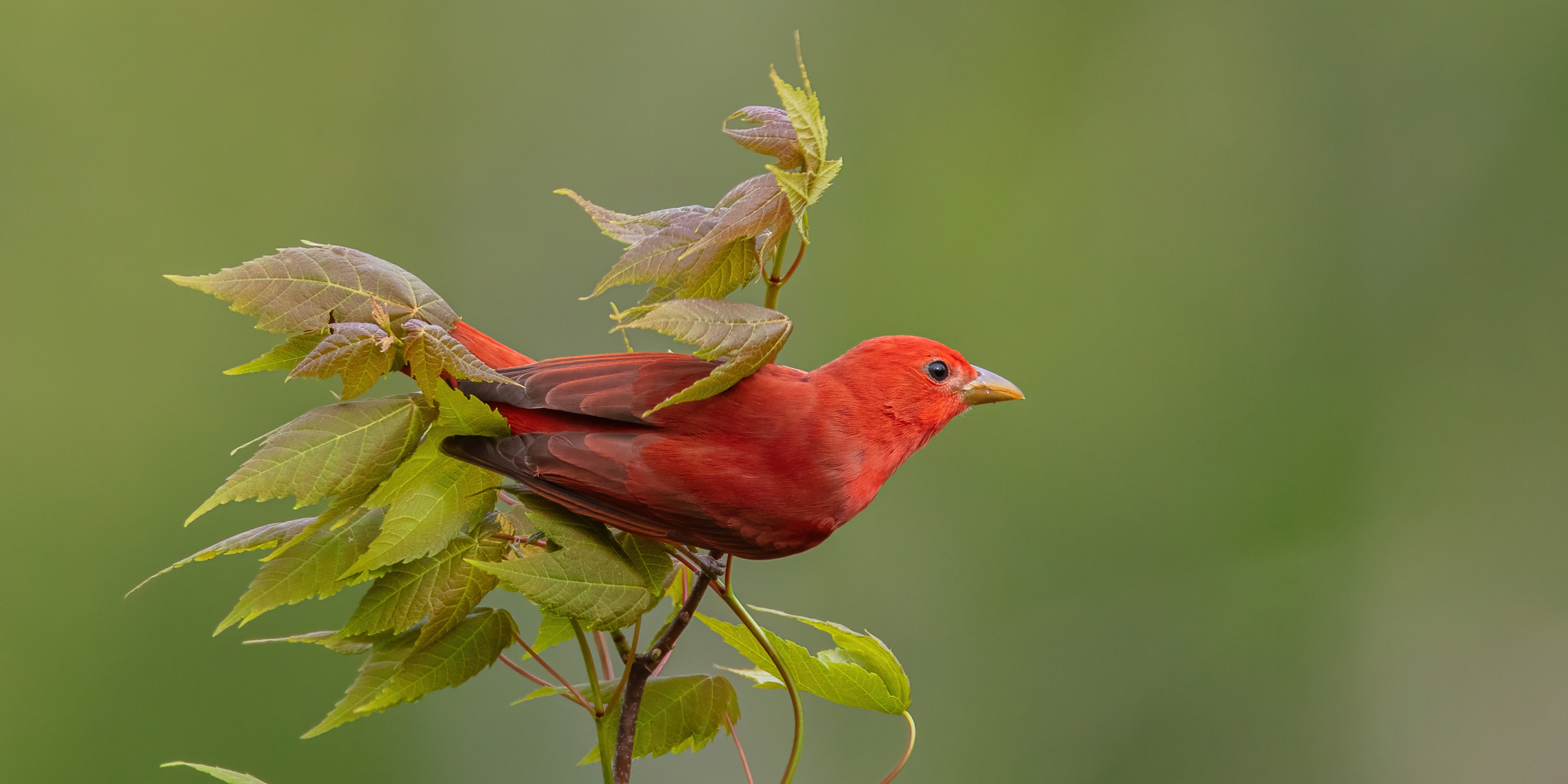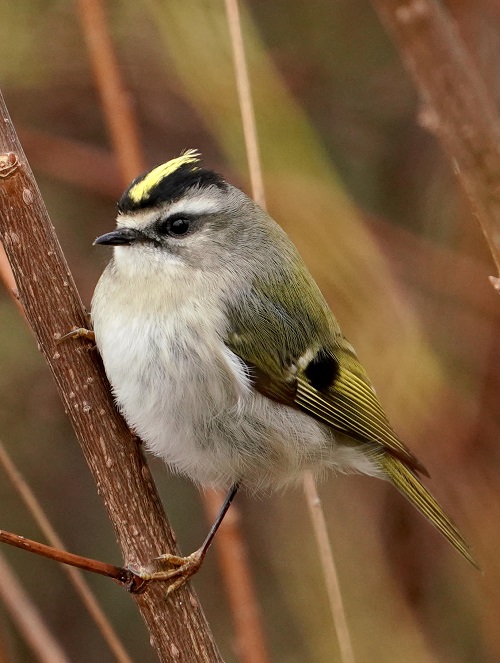By Jennifer Lazewski
WSO Executive Director
The WSO Board of Directors is recommending changes to membership dues, levels and publication fees after the first dues review since 2017. These recommendations resulted from a task force on membership dues after a thorough review of WSO history, current conditions, other comparable organizations and consultant suggestions. Under WSO’s bylaws, annual dues amounts are recommended by the board and confirmed by members. These recommendations will be voted on at the annual member meeting during our May convention.
Under these recommendations, most levels will remain unchanged and current Life memberships will continue to be honored. Senior and Student levels, however, will be discontinued. The task force did not see other comparable ornithology or conservation organizations currently offering a lower cost membership level with age as a determinant. The student category is the smallest, with fewer than 25 student memberships in recent years. Instead, WSO will offer a new introductory level available to all at a lower cost for a limited number of years.
With increasing printing and mailing costs, the Board also recommended that WSO follow many other organizations in shifting primarily to digital publications. It also makes sense for WSO as a conservation organization. To receive a paper publication, a member will need to make an additional payment or contribute $200 or more to WSO in member dues or donations. This will apply to Life memberships (which do not pay annually but have received paper copies of both publications for free) as well as annual memberships.
To receive The Passenger Pigeon journal in paper, an additional payment of $15 will be needed for most members. The paper Badger Birder fee will stay at $10 due to the likelihood that the size and/or frequency of the newsletter may be reduced with new editors (if we can find some) or paid staff. WSO spends over $20,000 a year on publications, and nearly all of that goes to publish and mail paper copies. WSO receives only about half of what it actually costs for one-third of memberships to get the Badger Birder in paper (an annual cost of $19 per membership in printing and mailing). WSO receives no added income for the three-fourths of memberships that receive paper copies of The Passenger Pigeon journal (an annual cost of $13 per membership in printing and mailing). Surprisingly, it seems members have not even been given the option to go digital only for journal delivery, so watch for that option soon.
Those with membership levels or donations at or above $200 annually will be able to opt for paper delivery at no additional cost. Their annual giving goes beyond a basic membership level and contributes more to the mission of WSO. The Board feels their generosity should be recognized.
We understand that these changes will have a greater impact on some members than others, but WSO is trying to do its part to save birds (and trees) with a stronger emphasis on bird conservation leadership done in an environmentally-conscious way. It also will no longer provide the benefit of paper to some that actually comes at the expense of all annual membership gifts.
The changing role of WSO and greater service to its mission requires new funding and new finances. In the past, WSO has only needed income to cover member benefits while donations covered the Honey Creek Preserve, grants and conservation efforts (mostly money donated to other organizations). Volunteers did everything that needed to be done. That is no longer the case in an increasingly busy world that has made it necessary to hire staff to keep WSO engaged in leading the Wisconsin birding community in education and conservation. Volunteers for the specialized and time-consuming editorial duties for our publications may need to be replaced or augmented with paid assistance.
Membership dues now have an increased role as gifts to support the enjoyment, study and conservation of Wisconsin’s birds. Under the revisions, members can choose to give to WSO either as a donation or higher-level annual membership — the results are the same. All funds over and above the basic costs of membership will be used to sponsor WSO programs and operations. Members can still choose to give donations separately and to specific funds, but there will be an easier one-stop effort for the many members and donors to WSO.
The Board also decided to end the Membership Dues Policy, which is stated at the beginning of each annual Treasurer’s Report. Under the policy, dues were required to cover all costs for membership services, and this covered nearly all the financial needs of WSO in the past. WSO is now a professional nonprofit organization with paid staff. Its finances and systems have changed and grown more complicated. This policy creates difficulties and limitations that do not make sense for the more advanced financial circumstances of an expanded WSO.
Questions about these recommendations and any other membership issues can be directed to membership@wsobirds.org. As always, you can also send comments and concerns to board members, who are listed in The Passenger Pigeon and on the WSO website at https://wsobirds.org/about-wso/board-members

.


